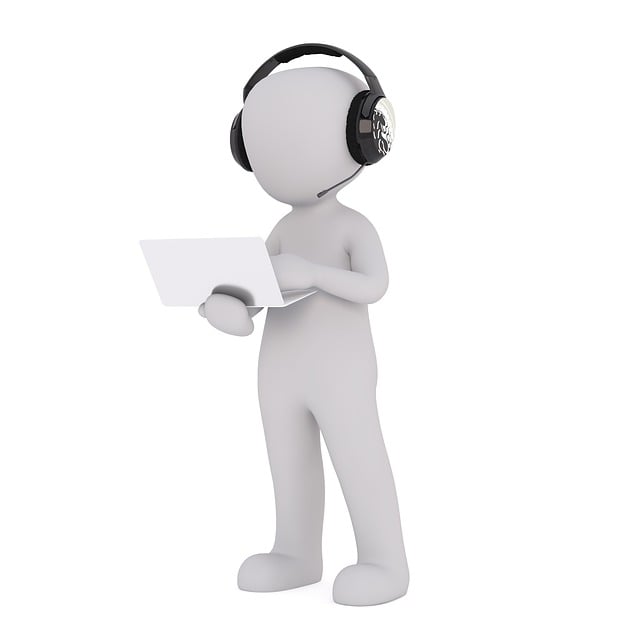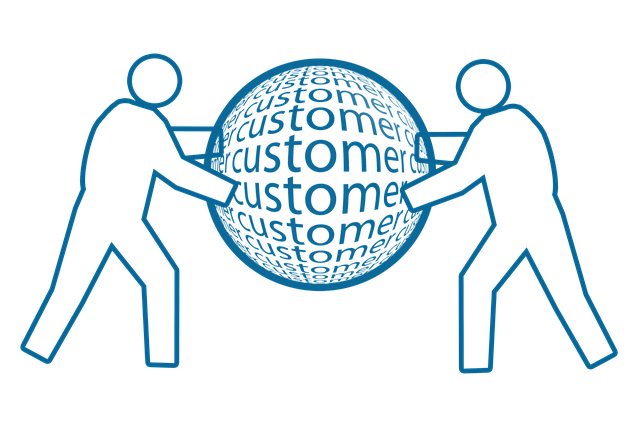A sales funnel for businesses strategically maps the customer journey from awareness to purchase, optimizing each stage with targeted messaging and personalized communication tools like missed call text back services, WhatsApp marketing, and CRM software. By segmenting customers and analyzing key metrics like conversion rates, businesses can enhance satisfaction, anticipate behaviors, and drive success in a competitive market.
In today’s competitive market, optimizing the customer journey is vital for business success. A sales funnel offers a powerful framework to understand, guide, and convert prospects into loyal customers. This comprehensive guide explores the transformative potential of sales funnels for businesses. We’ll delve into mapping customer journeys, crafting effective sales stages, implementing winning strategies, and tracking key metrics for measureable success. Discover how this structured approach can revolutionize your business’s sales performance.
- Understanding the Power of Sales Funnel
- Mapping Your Customer's Journey
- Creating Effective Sales Stages
- Implementing and Optimizing Strategies
- Measuring Success: Key Metrics to Track
Understanding the Power of Sales Funnel

A sales funnel for businesses is a powerful tool that visualizes and maps out the customer journey from initial awareness to final purchase. It acts as a roadmap, allowing businesses to understand their customers’ path, identify pain points, and optimize every stage. By breaking down the buying process into distinct stages – from lead generation through to conversion – companies can tailor their strategies accordingly, ensuring a seamless and engaging experience for potential clients.
This structured approach is particularly effective in an era dominated by digital marketing and social media marketing automation. Businesses can now leverage tools like missed call text back services to capture leads instantly and nurture them through the funnel with targeted messaging. This level of customization and efficiency not only enhances customer satisfaction but also increases sales, making the sales funnel a game-changer for any organization aiming to excel in today’s competitive market.
Mapping Your Customer's Journey

Understanding your customers’ journey is a critical step in optimizing their experience and converting them into loyal advocates for your business. Mapping the customer journey involves tracing the path prospects take from initial awareness to post-purchase interactions, including every touchpoint along the way. This process allows businesses to identify pain points, opportunities for engagement, and potential drop-off points in the sales funnel. By visualizing the entire spectrum of customer interactions, from social media marketing automation to email campaigns and reputation management, companies can tailor their strategies to meet customers’ needs at each stage.
This detailed approach enables businesses to create a seamless transition between stages, ensuring consistent communication and enhanced satisfaction. Mapping your customer’s journey is not just about understanding their actions; it’s also about anticipating their future behaviors and emotions, which can help in building stronger relationships and driving sales funnel success for businesses.
Creating Effective Sales Stages

Optimizing your sales funnel for businesses involves carefully crafting each stage to guide potential customers from initial interest to final purchase. The first step is defining distinct stages that align with the customer journey, typically including awareness, consideration, and decision-making phases. During the awareness stage, focus on attracting prospects through compelling content and targeted advertising. Once you’ve captured their attention, the consideration phase demands tailored engagement strategies to address specific needs and nurture relationships. Here’s where marketing analytics become invaluable, allowing you to track customer behavior and adjust your approach accordingly.
Effective communication channels like WhatsApp marketing and text message marketing can be powerful tools during these stages. These direct messaging platforms enable personalized interactions, fostering a sense of community and urgency. By seamlessly integrating them into your sales funnel, businesses can enhance customer engagement, improve conversion rates, and ultimately drive more sales.
Implementing and Optimizing Strategies

Implementing a sales funnel is a strategic move for businesses to optimize their customer journey. It involves creating a structured path that guides prospects through each stage of the buying process, from awareness to conversion and loyalty. By segmenting customers based on their interests and behaviors, companies can deliver targeted messaging and offers, increasing the chances of a successful sale. The key is to ensure a seamless transition between each step, providing value at every touchpoint.
Optimizing this funnel goes hand in hand with leveraging powerful tools like email marketing, automation, and CRM software. Integrating these strategies allows for personalized communication, efficient lead nurturing, and data-driven insights. For instance, automated emails can keep potential customers engaged while they navigate the funnel. A well-managed CRM system provides a comprehensive view of customer interactions, enabling businesses to refine their approach and enhance overall sales performance.
Measuring Success: Key Metrics to Track

To measure the success of a sales funnel for businesses, tracking key metrics is essential. These include conversion rates at each stage of the funnel, which help gauge how effective your strategies are in guiding potential customers towards a purchase or desired action. For instance, if a significant portion of visitors abandon their carts during checkout, it indicates problems in the payment process or product presentation that need addressing.
Additionally, monitoring customer engagement with marketing channels like WhatsApp marketing and the effectiveness of follow-up strategies such as missed call text back can provide valuable insights. Customer Relationship Management (CRM) systems play a crucial role here by consolidating data from various sources, allowing for a holistic view of customer behavior. This enables businesses to make data-driven decisions, optimize their sales funnel, and ultimately improve customer satisfaction and retention.
Optimizing your customer journey using a sales funnel is a powerful strategy that can significantly enhance business growth. By mapping out each stage of the customer’s path, from awareness to post-purchase support, you gain invaluable insights into their behavior and preferences. This knowledge allows for tailored marketing and sales strategies, improving conversion rates and fostering stronger customer relationships. Implementing and refining these practices ensure your business stays competitive in today’s market, ultimately driving success through a well-structured sales funnel for businesses.
